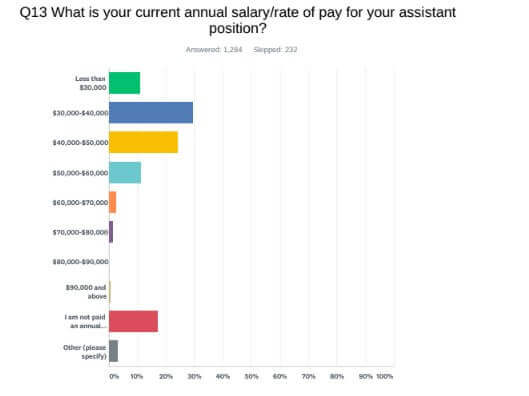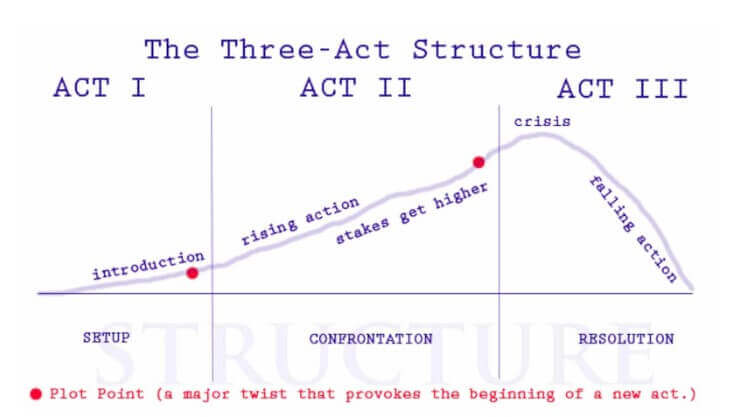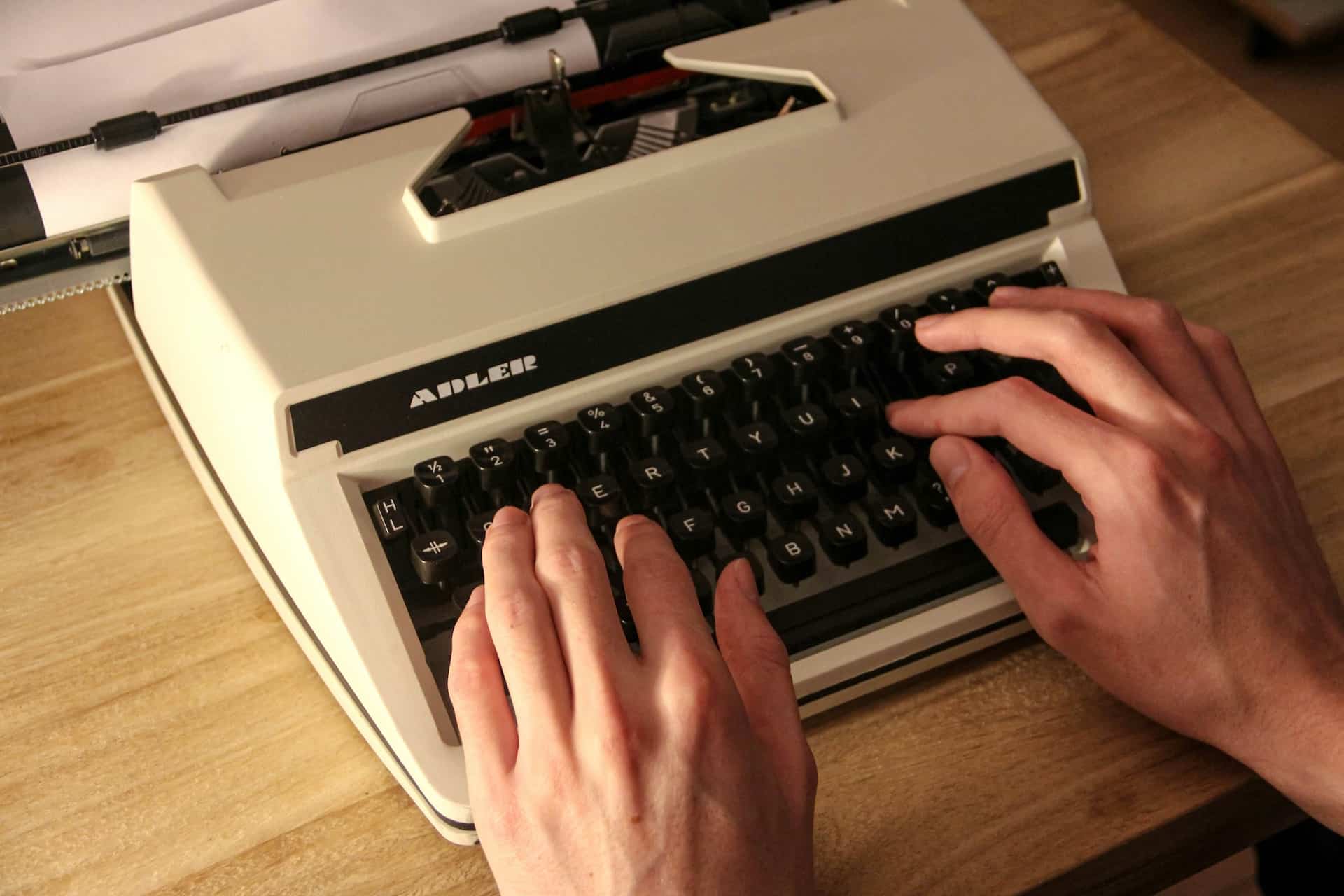It’s well documented that Hollywood is a tough industry to crack. Whether an aspiring writer, producer, or director… you’ll often start in a job that’s neither writing, producing, or directing. And as you spend countless hours on Linkedin or Indeed searching for jobs, you may see posts for script reader jobs, script coverage jobs, or even script analyst. But, what is a script reader? Is it different from script coverage? Script analyst? What do they do? How are they paid? Is it a good gateway into the industry? Enough questions, let’s find out.
Reader Overview
What does a script reader do?
If you know anything about the film industry, you know that it can be extremely difficult to "break in." For screenwriters, this means getting a script written, sold, and produced — a miracle if there ever was one.
Getting a screenplay from "script to screen" requires getting past a series of gatekeepers. The first of these gatekeepers is the script reader. If a script is going to have any chance at all, the first of many "yeses" will come from a script reader.
Before getting too deep into the career path and how much readers make, let’s first define exactly what a script reader is.
SCRIPT READER DEFINITION
What is a script reader?
A script reader is someone who reads scripts and writes reports on them called coverage. It’s that simple. A script analyst is the exact same thing. Often a freelance position, script readers can also work for a production company, screenplay competition, screenplay ranking website, basically anything that needs scripts to be judged. Note that just because you read scripts, doesn’t mean you are necessarily a script reader; production company assistants read scripts as well.
What does a Script Reader do?
- Receive an unproduced screenplay
- Read it
- Write a report on it, providing a logline, synopsis, recommendation, ratings, and comments.
With that basic definition out of the way, let's see what the individuals with reader jobs do on a daily basis. Here's a brief summary of the nuts and bolts of film script readers jobs.
How to Write Script Coverage
Another option is to get a job as an assistant for a production company or studio. This gets you a steady job within the industry but, again, the pay can be downright low. 63% of assistants make less than $50,000 a year while 93% of them work 40+ hours a week.

Assistant Pay Rates
No matter how you slice it... script coverage work doesn’t pay a ton, and freelance work can sometimes be inconsistent. Still, if we haven’t scared you off yet, let's ask: how do I become a script reader?
Landing a Reader Job
Step 1: Check your expectations
Before you start applying for script reader jobs, understand that this is gonna be hard. Hard to get script coverage work, and once (or if) you do, not that profitable. I wouldn’t think of script reader jobs as a landing point, but as a step in a direction.
Here's Daniel Calvisi on how he became a reader and his introduction to the lowest rung on the production company totem pole.
How to be a Script Reader
It's important to know going in that script reader jobs should be considered a means to an end. Sure, it's hard work for little pay but remember to stay positive. It is a job that exposes you to the industry and provides insight to the business side of TV and film development.
Script Reader Knowledge
Step 2: Know the screenwriting rules
Okay, you’re still with us, and you definitely want to be a reader. First things first, you need to understand how scripts work. Which means you should understand narrative, pacing, character archetypes, themes, etc. To put it bluntly, you need to know how to read a script and what makes a good one.
To learn how to read a script, start with the basics — screenplay format, the cliches to avoid, and (depending on your role) see how executives react to story ideas. This is tremendously valuable for anyone who wants a career in Hollywood.
Even though there is a massive spectrum of the types of movie genres, almost every script follows a formula. Whether its based on the Save the Cat beat sheet, Joseph Campbell's The Hero's Journey, or Dan Harmon's Story Circle, formula matters.
One of Many Existing Screenplay Formulas • Subscribe on YouTube
Or, perhaps you’re familiar with the three-act structure. There are a million different screenplay formulas these days and most are shockingly similar. Here’s our list of the essential Hollywood screenwriting books to check out.

Become a Script Reader • Three Act Structure
There's a fair amount of controversy in regards to screenplay formulas, but businesses like formulas because they are predictable You need to know about structure to land any script reader jobs.
Script Reader Practice
Step 3: Do sample coverage
It's beyond obvious but to get good at something, you need to practice. This is one of those situations where to get the job, you have to be able to do the job. Put your best foot forward and start doing the work before sending in your first application.
This serves two purposes:
- You get better at coverage
- It gives you work samples
Having a strong sample is crucial to getting script coverage jobs. Secondly, freelance script coverage jobs pay per script so if this is your primary source of income, you'll need to be able to work fast.
The Anatomy of Script Coverage
With sample coverage, I recommend using a well-known, produced film. This way whoever's reading it can judge if you know how to read a script. It’s also more fun, you can pick a movie you actually like. Just make sure you don’t pass on The Dark Knight if you’re submitting coverage to a studio that specializes in action films.
What Script Reader’s Read
Step 4: Read spec scripts
A spec script refers to any script that has not been commissioned by a producer or studio. In other words, it was written speculatively by a writer hoping someone, somewhere would be interested in it.
Essentially, every script you’ll get as a reader is a spec script. Now, this also means that writing a spec script is something every aspiring screenwriter has done, and they all want feedback.
To get your hands on one simply:
- Offer to read a friend's screenplay
- Join a screenwriting group on Facebook
- Check out peer-to-peer review sites like CoverflyX, ScriptMother, or SimplyScripts
How Few Scripts Are Sold
No matter how you feel about the scripts you read, it’s more practice, and it prepares you for the type of scripts you’d actually receive on the job. Try to approach each one with a fresh mind.
Script Reader Networking
Step 5: Start networking
Great, you know about scripts, you’ve covered a few, and you’re confident in your abilities. Now, it’s time for the hard part — finding script coverage work.
Reach out to everyone and anyone you know. Hollywood is based on nepotism. Ask about jobs, connections, 2nd-degree connections, informational interviews, anything. Exhaust your network.
Do that first, and if nothing materializes on that front, head for the internet. A simple search for “online script reader jobs in Los Angeles” will get you plenty of results. The major job hunting sites like Indeed, ZipRecruiter or LinkedIn will have categories for script reader jobs.
Script Reader Persistence
Step 6: Keep Going
I’ll say it again, this is not gonna be easy. Expect it to take a while, things are very competitive out there. Keep getting better and meeting new people. The best path to becoming a reader is through your contacts. Maybe you get there a circuitous way? Are you willing to work for free? This is a creative field, get creative to find your way in.
Related Posts
UP NEXT
Ultimate guide to script coverage
Now that you know about script reading, how’s your script coverage? Still confused? Eager to get started? Rusty? Don’t worry, we'll cover how to write coverage, use our free script coverage templates, and find answers to all your coverage questions. Your next step towards landing a script reader job starts here.

I am 52 years old currently out of work and home I love watching movies and I’m not fussy as to what movie I watch I love movies in general and would love to be A script reader
This information has helped me alot…I am gonna start writing…I will make it to hollywood screens
Good afternoon. My name is Aplatina Hardin. Im very interested in become a Script Reader and would love the opportunity to do so.
Please advise if you have recommendation on script reader courses